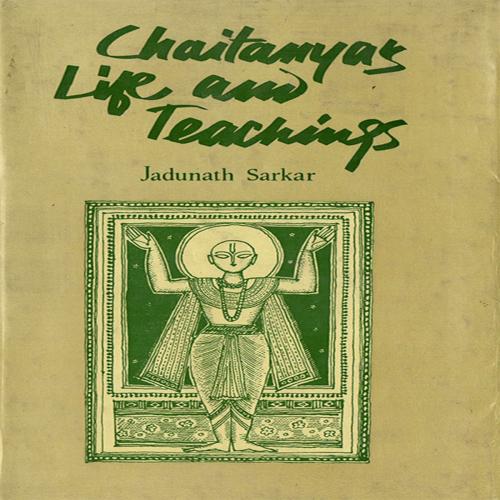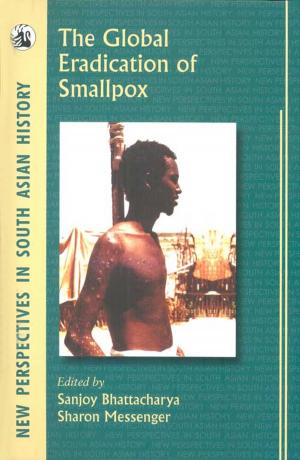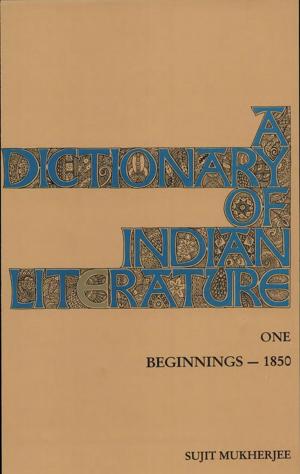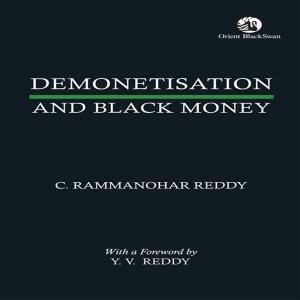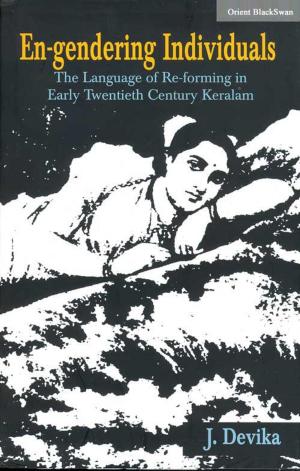| Author: | Krishna-dās-Kavirāj, Jadunath Sarkar | ISBN: | 9788125059455 |
| Publisher: | Orient Blackswan Private Limited | Publication: | December 15, 2009 |
| Imprint: | Language: | English |
| Author: | Krishna-dās-Kavirāj, Jadunath Sarkar |
| ISBN: | 9788125059455 |
| Publisher: | Orient Blackswan Private Limited |
| Publication: | December 15, 2009 |
| Imprint: | |
| Language: | English |
The Man of God, Sri Chaitanya, said towards the beginning of the sixteenth century: ‘As an immoral woman constantly thinks of her illicit lover while living in the midst of her family, so do thou silently and ceaselessly meditate on Hari while doing your earthly work.’Within the next two hundred years. Vaishnavism, or the religion deriving from Sri Chaitanya, conquered the majority of the Hindu population in the north-east. Today, another three hundred years later, Vaishnav Bhakti and its characteristic feature nam-kirtan (the chanting of Hari’s name) still live on.On 4 February 1486. Nimai or Gouranga was born in the small town of Navadwip in Bengal, seventy-five miles north of Calcutta. He grew up possessing a precocity of intellect and mastery over all branches of Sanskrit learning. At the young age of twenty-four his intellectual pride changed to religious ecstasy. In January 1510 Keshav Bharati initiated him as a sannyasi under the name of ‘Krishna-Chaitanya’. Chaitanya was now seen by many as Krishna’s incarnation and worshipped. The ‘first Vaishnav’ spent many years preaching bhakti in various parts of India. This volume describes in detail Chaitanya s life and teachings.Krishna-dās-Kavirāj (1517-1582 A.D.), author of this book, was a disciple of Raghunāth-dās who was, in turn, both a servant to Chaitanya during his stay at Jagannath and one of the six Fathers of Chaitanya’s Church. In 1581, forty-eight years after Chaitanya’s death, and twelve miles away from Vrindaban—placed on the pilgrim’s map anew by Bengali Vaishnavs—this masterpiece ot early Bengali literature was completed. Its epic length, verbosity and repetitiveness only enhances an old-world charm which goes hand in hand with a depth of learning and mastery of style.Sir Jadunath Sarkar was primarily an author of works of history such as: Fall of the Mughal Empire, History of Aurangzeb and Shivaji and His Times. His birth in a devout Vaishnav family and a deep-seated veneration for Sri Chaitanya led him to translate Chaitanya-charit-āmrita, his only work of religious biography. He translated Chaitanya-charit-āmrita so that ‘readers to whom the Bengali tongue is not known’ could find ‘an unvarnished account of Chaitanya as his contemporaries knew him ...’C F Andrews paid the most fitting tribute to this book when he called it ‘a work of surpassing value, full of human interest from beginning to end’.
The Man of God, Sri Chaitanya, said towards the beginning of the sixteenth century: ‘As an immoral woman constantly thinks of her illicit lover while living in the midst of her family, so do thou silently and ceaselessly meditate on Hari while doing your earthly work.’Within the next two hundred years. Vaishnavism, or the religion deriving from Sri Chaitanya, conquered the majority of the Hindu population in the north-east. Today, another three hundred years later, Vaishnav Bhakti and its characteristic feature nam-kirtan (the chanting of Hari’s name) still live on.On 4 February 1486. Nimai or Gouranga was born in the small town of Navadwip in Bengal, seventy-five miles north of Calcutta. He grew up possessing a precocity of intellect and mastery over all branches of Sanskrit learning. At the young age of twenty-four his intellectual pride changed to religious ecstasy. In January 1510 Keshav Bharati initiated him as a sannyasi under the name of ‘Krishna-Chaitanya’. Chaitanya was now seen by many as Krishna’s incarnation and worshipped. The ‘first Vaishnav’ spent many years preaching bhakti in various parts of India. This volume describes in detail Chaitanya s life and teachings.Krishna-dās-Kavirāj (1517-1582 A.D.), author of this book, was a disciple of Raghunāth-dās who was, in turn, both a servant to Chaitanya during his stay at Jagannath and one of the six Fathers of Chaitanya’s Church. In 1581, forty-eight years after Chaitanya’s death, and twelve miles away from Vrindaban—placed on the pilgrim’s map anew by Bengali Vaishnavs—this masterpiece ot early Bengali literature was completed. Its epic length, verbosity and repetitiveness only enhances an old-world charm which goes hand in hand with a depth of learning and mastery of style.Sir Jadunath Sarkar was primarily an author of works of history such as: Fall of the Mughal Empire, History of Aurangzeb and Shivaji and His Times. His birth in a devout Vaishnav family and a deep-seated veneration for Sri Chaitanya led him to translate Chaitanya-charit-āmrita, his only work of religious biography. He translated Chaitanya-charit-āmrita so that ‘readers to whom the Bengali tongue is not known’ could find ‘an unvarnished account of Chaitanya as his contemporaries knew him ...’C F Andrews paid the most fitting tribute to this book when he called it ‘a work of surpassing value, full of human interest from beginning to end’.
